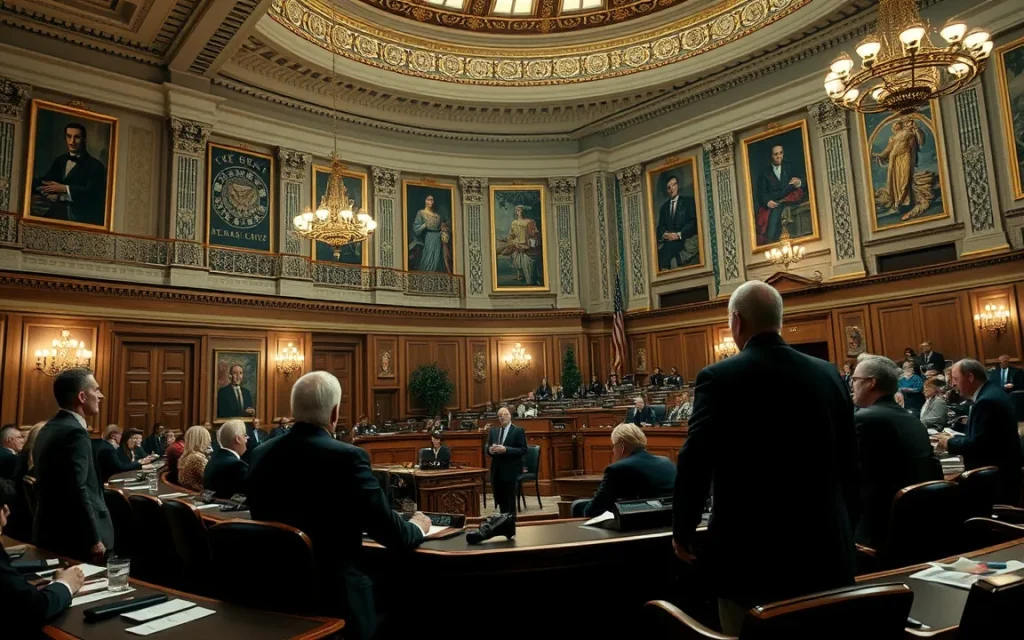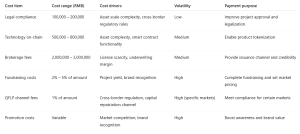Coinbase CEO pushes for US stablecoin rules as Senate weighs GENIUS Act

A three-year compliance period is proposed for digital asset firms.
Democrats raise concerns about national security and money laundering.
Crypto leaders say the US risks falling behind Europe and Asia on regulation.
Coinbase CEO Brian Armstrong has intensified pressure on the US Senate to act on crypto regulation, calling for a debate on the bipartisan GENIUS Act, which aims to establish a national framework for stablecoins.
With more than $1 trillion in stablecoin volume settled monthly and global competitors advancing their regulatory regimes, Armstrong’s urgency comes amid fears that the US may lose its foothold in digital finance.
His call underscores the growing push from crypto leaders for legislation that supports innovation while offering clear rules and consumer protections.
GENIUS Act sets uniform standards for stablecoins
Formally known as the Lummis-Gillibrand Payment Stablecoin Act, the GENIUS Act would mandate all stablecoins be fully backed 1:1 by US dollars, insured bank deposits, or Treasury bills, a move designed to eliminate concerns about solvency and run risk.
Only firms with a national licence would be permitted to issue these tokens, putting an end to the current patchwork of state-by-state regulations.
A three-year compliance window would give firms time to adapt, during which digital asset service providers must adjust their systems to align with new standards.
Supporters argue this would not only protect users, but also encourage institutional adoption by setting a clear regulatory perimeter.
Coinbase and other platforms dealing with dollar-pegged tokens such as USDC are expected to benefit if the act becomes law, potentially unlocking broader financial applications such as instant settlement and tokenised payments.
Democrats cite AML, security gaps as concerns
Despite initial bipartisan support, the bill is facing internal hurdles.
Senate Democrats have raised objections around national security, money laundering, and consumer protection, arguing the bill’s current provisions may not go far enough in curbing illicit finance.
This hesitation could delay progress before the August recess, even as Republicans and many industry leaders urge immediate action.
Without a compromise, the bill could stall in committee, leaving stablecoins in continued regulatory limbo.
Armstrong warned on X that the longer the US waits, the more likely it is to fall behind regions like the European Union, which already passed the MiCA framework, and Hong Kong, which plans to finalise its stablecoin rules this year.
Analysts have said this regulatory lag could push innovation offshore, depriving the US of its lead in blockchain-driven finance.
Industry calls the bill a turning point
If passed, the act would give stablecoin firms a green light to operate with confidence, possibly attracting more traditional finance players to the space.
Coinbase’s advocacy, including Armstrong’s direct appeal to lawmakers and other lobbying efforts in Washington, indicates that exchanges see regulatory certainty as key to unlocking the next phase of crypto adoption.
Still, the bill’s path to passage remains uncertain. It requires 60 votes in the Senate to move forward, which means several holdout Democrats would need to be swayed.
With time running out ahead of the August recess, much depends on whether lawmakers can strike a balance between risk mitigation and industry growth.













